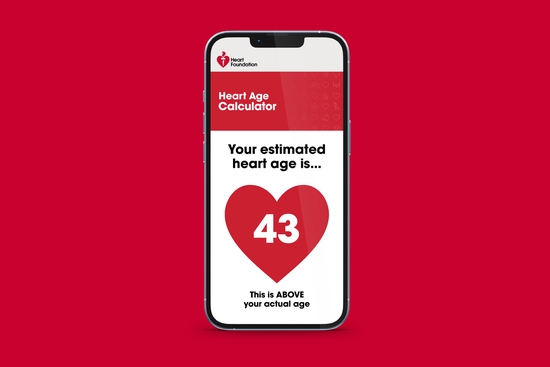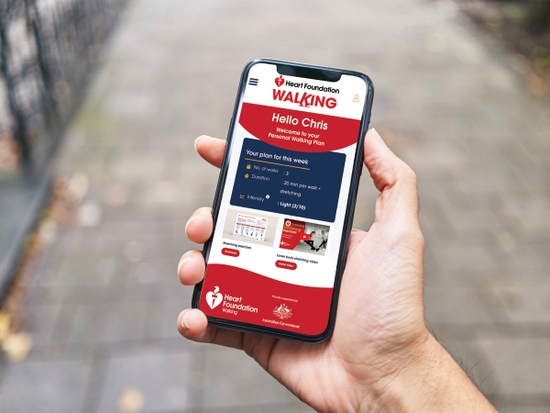
Almost every hour of every day, a woman in Australia dies of heart disease. Yet many believe heart disease is a male disease.
Heart disease can happen at any age for women, with risk factors changing throughout life’s course, including during pregnancy, perimenopause and menopause. Women have unique biological characteristics and social experiences that can affect their risk of a heart attack or stroke, and these are often under-recognised or misinterpreted.
It is important for everyone to understand these risk factors and warning signs to better support the women in your lives and take preventive action.
Insights from our leading experts
Professor Gita Mishra and Associate Professor David Colquhoun speak to the differences in risk factors between men and women, and why Heart Health Checks should form part of every woman’s routine check-up.

What is a Heart Health Check?
A Heart Health Check is a 20-minute check-up with a GP to assess a person’s risk of having a heart attack or stroke in the next five years, and steps you can take to lower your risk. Learn more about what to expect along with tips to improve your heart health in this brochure.
Risk factors for cardiovascular disease in women
Cardiovascular disease is an umbrella term that includes heart disease, stroke and blood vessel disease. In addition to traditional cardiovascular disease risk factors, the risk of a heart attack or stroke may also be affected by women-specific risk factors. When talking to your doctor, it is important to let them know if you have ever been diagnosed with any of these conditions or risk factors.
Traditional risk factors
- High blood pressure
- High cholesterol
- Diabetes
- Unhealthy diet
- Physical inactivity
- Obesity
- Drinking too much alcohol
- Vaping or tobacco use
Women-specific risk factors
- Early (age 11 and younger) or late (age 15 and older) first period
- Polycystic ovary syndrome (PCOS)
- Pregnancy complications*
- Early menopause (age 45 and younger)
- Autoimmune diseases**
- Depression**
- Hormone treatments
- Some cancer treatments
*Including high blood pressure in pregnancy, pre-eclampsia, gestational diabetes.
**These conditions affect women more commonly than men.
Heart attack warning signs in women
Women experiencing heart attacks take significantly longer to present to hospital for treatment than men do, often due to low awareness of heart attack symptoms, and of their risk for heart disease. While chest pain is the most common heart attack symptom affecting men and women, women are more likely to experience non-chest pain symptoms, particularly if they are under 50 years of age:

Once at the hospital, women also experience longer delays in receiving life-saving procedures when compared to men. This is partly to do with women being more likely to be discharged without diagnosis of a heart attack or misdiagnosed with a non-heart-related condition.
Knowing the warning signs and raising awareness of women’s heart health can help save your life, or the life of someone close to you!
Kylie’s heart story
Kylie, then 48, had bought her husband tickets to the mosh pit for Guns N' Roses for his birthday. As the gates opened and people streamed in, she began to feel an overwhelming pressure in her chest. Watch Kylie’s story and what she had learned after her own near miss.
More information on women’s heart health
Other ways to protect your heart

Heart Age Calculator
Take the heart age test to understand your heart disease risk in three minutes.

Heart-healthy recipes
Be inspired to cook more meals at home with our collection of delicious recipes.

Personal Walking Plans
Get a free six-week walking plan and build healthy habits at your own pace.
